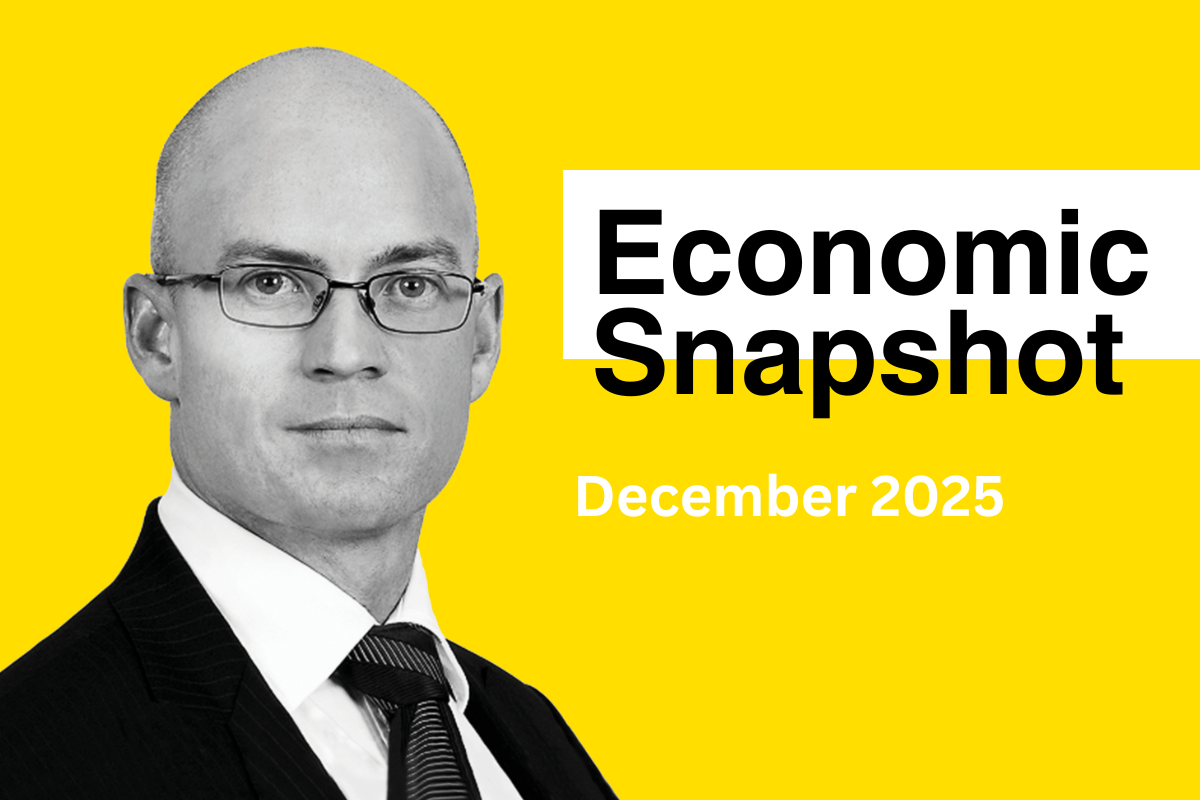Superannuation in Your 20s: The Smartest Move You Can Make

Why “Future You” Will Be Grateful
Let’s be honest… when you’re in your 20s, superannuation sounds like background noise. You’re focused on work, travel, rent, and maybe saving for a car or your first home, not retirement.
But here’s the catch: every pay packet you earn right now already has money going into your super. And that little chunk could quietly grow into hundreds of thousands by the time you’re ready to slow down.
The earlier you start caring about superannuation, even just checking your account, the more you set yourself up for freedom later. Think of super as your “future lifestyle fund.”
Super in Plain English
Superannuation, or “super,” is simply a long-term savings account that your employer pays into. Right now, they’re contributing 12% of your income, and that money is invested, usually across shares, property, and other assets, to grow over time.
According to MoneySmart, super is one of the most effective ways to build wealth because it compounds quietly in the background. The Australian Taxation Office adds that it’s your money – and keeping an eye on it makes sure nothing slips through the cracks.
So, no, it’s not “just for old people.” It’s a tax-effective investment that could shape your entire financial future.
How Aussies in Their 20s Are Tracking
If you’ve got around $20–30k in superannuation in your late twenties, you’re pretty much on par with the national average, according to ASFA (Association of Superannuation Funds of Australia). That might sound impressive, until you realise that ASFA estimates you’ll need roughly $595,000 as a single or $690,000 as a couple to retire comfortably.
The ATO also reports billions of dollars in “lost” or inactive super – money sitting in forgotten accounts from casual jobs or short-term gigs. Combining those accounts through your myGov portal is an easy win: fewer fees, more growth, and less admin to worry about.
Your 20s Are Prime Time for Growth
The best thing about being young? Time.
When your super has decades to compound, even small contributions snowball into something huge. ASFA data shows that super funds have averaged around 7 % growth per year over the long term. Add regular employer payments and a bump in the super guarantee to 12 % by 2025 (source: ATO), and the numbers start to look very healthy.
Even throwing in an extra $10 or $20 a week (through salary sacrifice or personal top-up) could mean tens of thousands more by retirement. That’s a beach house, a world trip, or just peace of mind.
Five Easy Wins for Your Super
You don’t need to be a finance guru to get ahead. Here’s how to start:
-
Track down your accounts. Log into myGov to find and merge old super accounts (making sure you keep any super funds with insurance if they have been retained as part of your overall plan). This saves on duplicate fees (source: MoneySmart).
-
Check what you’re paying. Fees differ between funds, and even a small difference can cost you big over time.
-
Look at your investment mix. Growth options can perform better over decades, while conservative ones are lower risk.
-
Know your insurance. Most funds include default cover – make sure it suits you before cancelling anything.
-
Top it up. Salary sacrifice or personal contributions (within ATO limits) can seriously boost your balance.
Bridging the Super Gender Gap
The Super Members Council says women retire with about 30 % less super than men. That gap starts early, thanks to career breaks, part-time work, and pay differences.
If you’re planning time off work or going part-time, consider adding small voluntary contributions or talk to your partner about paying super during leave. Every bit helps narrow the gap and build independence later on.
Start Now, Thank Yourself Later
Super might not seem urgent today, but it’s one of the simplest ways to secure your financial future.
Check your balance, merge your accounts, and make sure your fund’s working as hard as you are.
It only takes ten minutes, and it’s probably the easiest money move you’ll ever make.
For practical tips, visit MoneySmart and the ATO websites.
Because “future you” deserves more than just the pension – you deserve options!
Any advice is general in nature only and has been prepared without considering your needs, objectives or financial situation. Before acting on it, you should consider its appropriateness for you, having regard to those factors. Before making any decision about whether to acquire a financial product, you should obtain the Product Disclosure Statement.
Latest News Articles
Back to Latest News
What a Financial Plan Actually Looks Like

Realistic Budgeting Tips for Australians in 2026


